
The new digital radiography series reportedly offers proprietary technologies that can preserve image quality and allow better control of X-ray dosage.

The new digital radiography series reportedly offers proprietary technologies that can preserve image quality and allow better control of X-ray dosage.
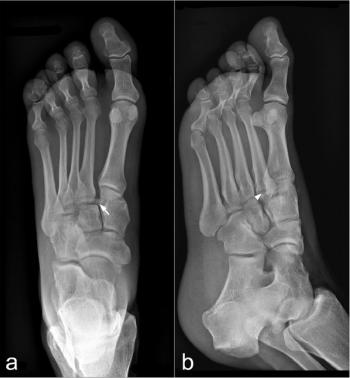
The study, involving 500 patients, showed that artificial intelligence (AI) assistance enhanced fracture diagnosis on radiographs and reduced reading time for radiologists of varying experience levels.
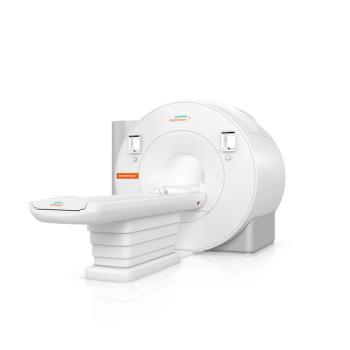
The new magnetic resonance imaging (MRI) device reportedly offers deep learning technologies and advanced processing of whole-body images in a cost-effective and lightweight model.

Ambient speech capabilities in emerging voice recognition products and software updates may convert the clinical context of conversational speech into structured data for radiology reports.
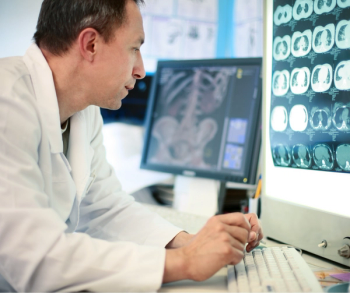
With an evenhanded perspective, this author looks at the challenges and frustrations for both sides of the IT help desk line in radiology.

In recently issued statements, different radiology organizations have offered perspectives on the physician-patient relationship and the potential impact of the Supreme Court’s decision to overturn Roe v. Wade.
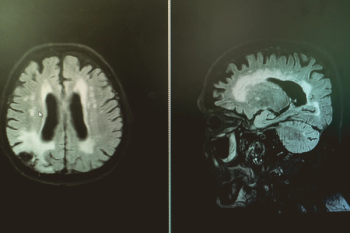
Emerging research with brain magnetic resonance imaging (MRI) scans shows that postmenopausal women have higher amounts of white matter hyperintensities that may lead to elevated risks for cognitive dysfunction and stroke.

The addition of Biodesix’s Nodify Lung nodule risk assessment tool to Philips’ lung cancer patient management system may enhance diagnostic efficiency and facilitate improved management of high-risk patients.

In a large study looking at the use of colorectal cancer screening techniques (including computed tomography (CT) colonography) between 2000 and 2018, researchers found that the 50 to 54 age group had the lowest increases in screening and a significantly higher chasm of racial and socioeconomic disparities in comparison to other age groups.

Calantric™ Digital Solutions reportedly offers artificial intelligence (AI)-powered apps, bolsters lesion detection, facilitates triage priorities and enhances workflow efficiency.

In a recent video interview, neurologist Pardis Zarifkar, MD discussed a new study that found significantly elevated risks for Alzheimer’s disease and Parkinson’s disease among patients who tested positive for COVID-19.

Does excess boilerplate verbiage hamper the review of radiology reports by referring physicians?

Catch up on the top radiology news of the past week.
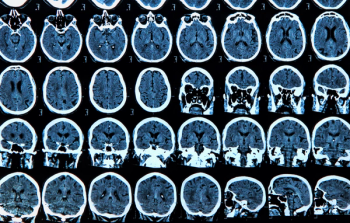
Emerging research showed that patients with COVID-19 had 3.5 times the risk for developing Alzheimer’s disease and 2.6 times the risk for Parkinson’s disease in comparison to those who did not have COVID-19.
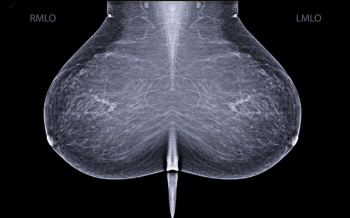
The review of breast cancer screening guidelines from the United States and abroad summarized current recommendations on modalities, intervals, and screening age considerations.
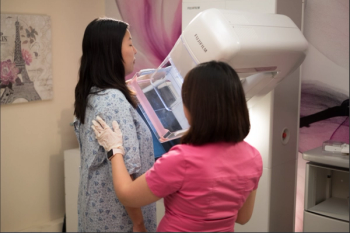
Forty-eight percent of Asian women, 43.3 percent of Black women and 42.8 percent of Hispanic women did not have a biopsy 30 days after abnormal findings on mammography, according to newly published research.

Recognizing the significant potential for workplace injuries in the radiology field, these authors discuss the proactive benefits of optimal positioning and disruptions of static posture as well as a heightened management awareness of ergonomic solutions and potential issues in maneuvering mobile imaging units.

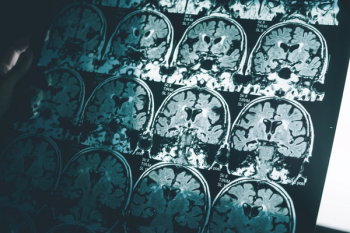
New research suggests that an emerging predictive biomarker, derived from a combination of magnetic resonance imaging (MRI) brain scans and a machine learning algorithm, has significantly greater accuracy than previously established measurements for diagnosing Alzheimer’s disease.
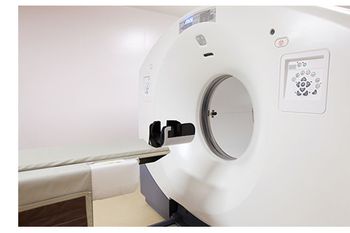
The radiopharmaceutical is already approved for use in PET imaging in men with suspected prostate cancer recurrence.

What is your diagnosis?

As the iodinated contrast media shortage continues to have a significant adverse effect on radiology, these authors assess the pros and cons of emerging strategies and imaging alternatives.

In a recent video interview, abdominal radiologist Sonia Gupta, MD discussed key principles in assessing potential alliances with artificial intelligence (AI) vendors and the potential of AI to alleviate the time-consuming, administrative aspects of patient care.

Weighing the pros and cons of W2 versus 1099 status, this author discusses the potential impact on retained earnings in radiology, retirement savings and the stress of April 15 and quarterly estimated tax payments.

Catch up on the top radiology content of the past week.
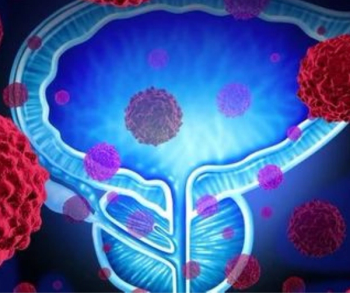
Despite increased use of preoperative magnetic resonance imaging (MRI) in recent years for patients undergoing surgery for prostate cancer, a study found that over 70 percent of a large Medicare population with prostate cancer did not have a preoperative MRI scan as of 2015.
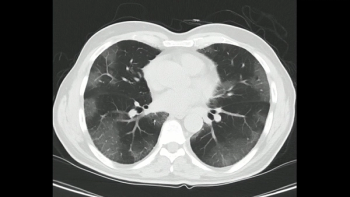
Noting that an AI software platform could save radiologists up to an hour a day in interpreting chest computed tomography (CT) scans, the authors of a prospective study found shorter mean interpretation times with non-contrast and contrast-enhanced CT as well as positive CT scans with and without significant new findings.

What is your diagnosis?
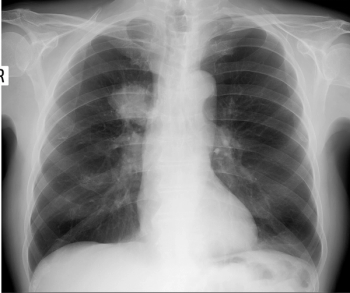
Emerging research shows a 14.5 percent increase among African Americans getting screened for lung cancer, which may be attributable to the United States Preventive Services Taskforce (USPSTF) lowering the minimum screening age to 50 and decreasing the smoking intensity screening threshold from 30 pack years to 20 pack years in March 2021.
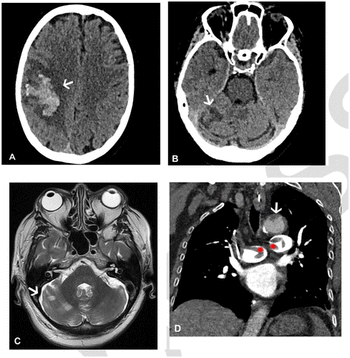
In what may be the largest study to date to examine the use of whole-body imaging to assess multisystem thrombosis in patients with COVID-19 vaccine-induced immune thrombotic thrombocytopenia, researchers found multiple sites of thrombosis in 83 percent of patients who had additional CT, MRI and/or ultrasound imaging beyond the area of their primary complaint.